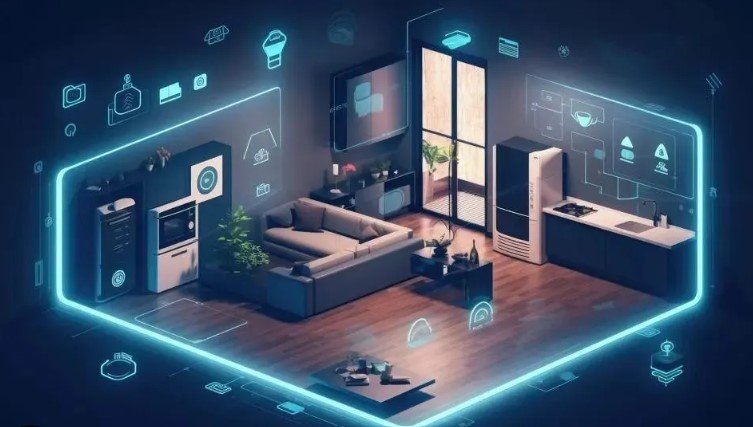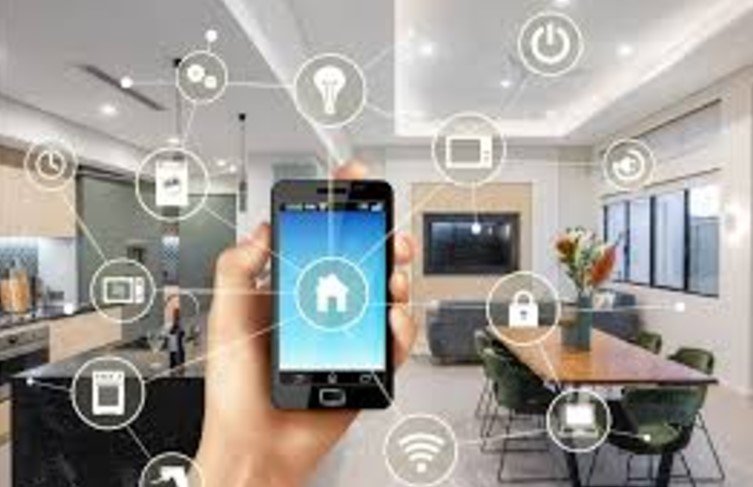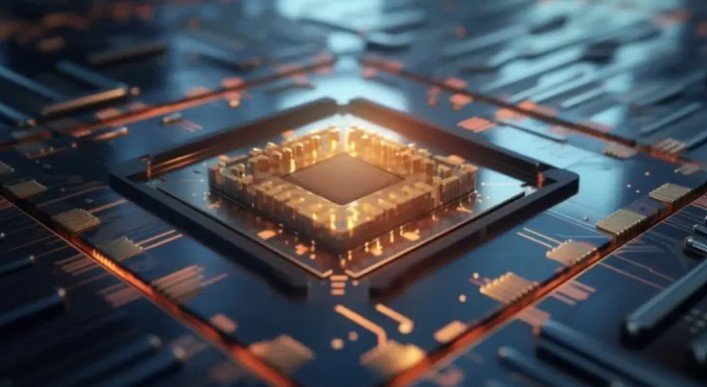Smart home technology has changed the way we live. Over the years, it has evolved from simple gadgets to fully integrated systems. Today, smart homes can control lighting, security, and even appliances with just a few taps. This evolution has made homes more comfortable, efficient, and secure. In this post, we explore how smart home technology has evolved and where it’s heading in the future.

Early Beginnings of Smart Homes
The idea of smart homes started with basic automation. In the early 2000s, devices like programmable thermostats and remote-controlled lights emerged. These devices helped homeowners save energy and time. However, these early smart home systems were limited. They were standalone devices that lacked integration with other home technologies. Despite these limitations, they laid the foundation for more advanced systems.
The Rise of Voice Assistants
The introduction of voice assistants marked a turning point. Amazon Alexa, Google Assistant, and Apple Siri brought a new level of convenience. With just a voice command, users could control their smart devices. This innovation made smart home technology more accessible and user-friendly. It allowed homeowners to control lights, thermostats, and entertainment systems with ease. Voice assistants helped smart homes become more intuitive and hands-free.
Smart Home Integration and Automation
As technology advanced, smart devices became more integrated. Today, smart home systems work together seamlessly. Homeowners can control lights, security systems, heating, and even kitchen appliances from one app. Automation also plays a major role. For example, lights can automatically turn on when you enter a room, and the thermostat adjusts to your preferences. These systems learn from your habits and adjust accordingly. The more you use them, the smarter they get.
Enhancing Home Security
Smart home technology has also revolutionized home security. Advanced cameras, doorbell systems, and motion sensors allow homeowners to monitor their property in real time. Smart locks enable remote entry and provide better control over who enters the home. Additionally, some systems send alerts if they detect unusual activity. This has made homes safer and more secure. With remote access and real-time monitoring, homeowners can protect their homes from anywhere.
Future of Smart Home Technology
The future of smart home technology is bright. As 5G technology spreads, smart homes will become even more connected. This will enable faster, more reliable communication between devices. Artificial intelligence will play a key role in further automating homes. Smart homes will predict your needs, adjusting to your preferences before you even ask. Energy efficiency will also improve, as smart systems become more advanced in managing energy use. The next generation of smart homes will be even more integrated, personalized, and efficient.
Conclusion
Smart home technology has come a long way. From basic automation to fully integrated, intelligent systems, it has transformed the way we live. Today’s smart homes offer convenience, security, and energy efficiency. As technology continues to evolve, we can expect even smarter homes in the future. The evolution of smart home technology is just beginning, and its potential is limitless.











